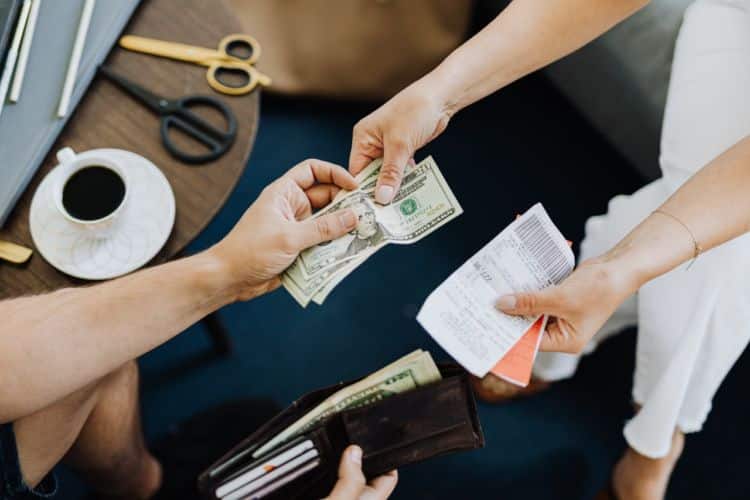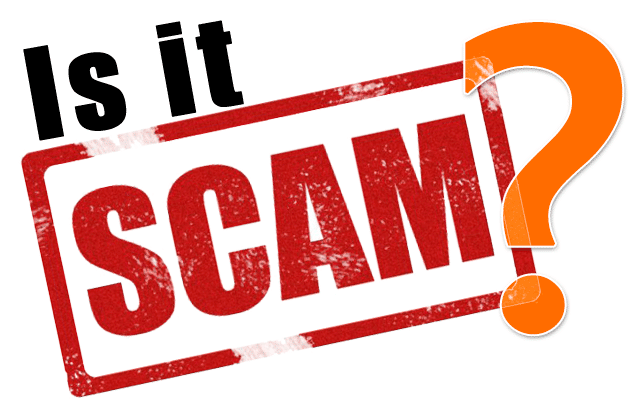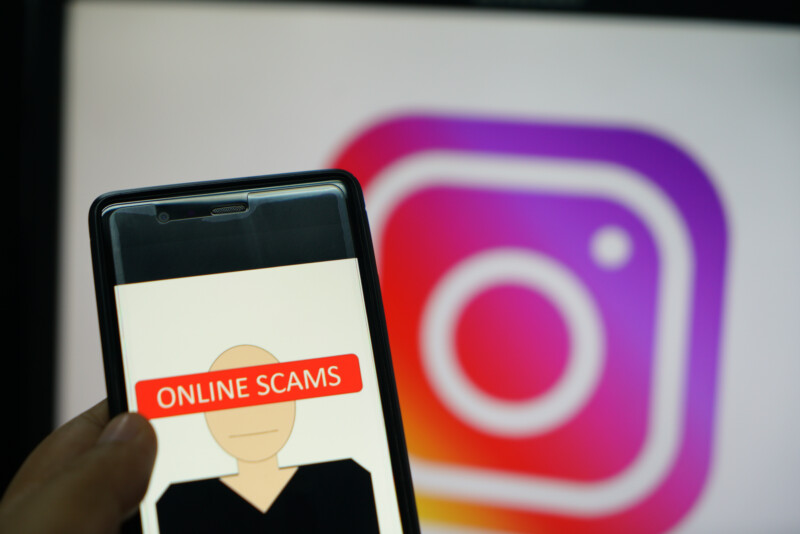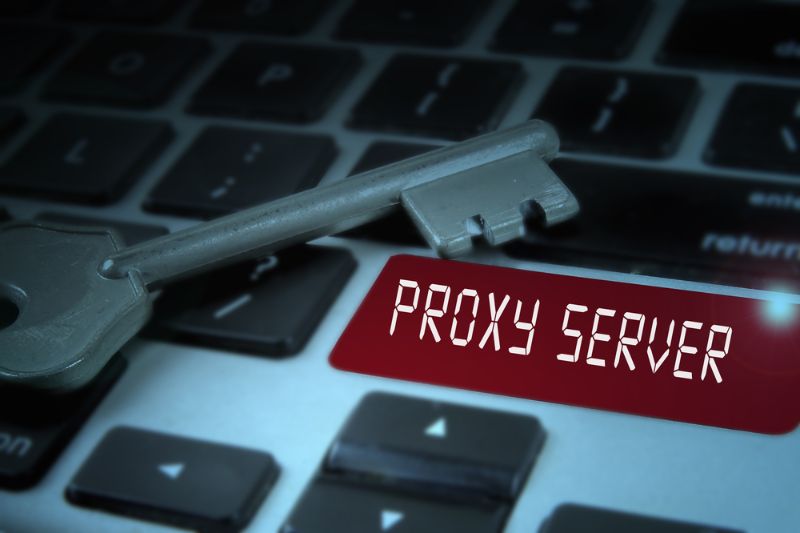The Cash App has become increasingly popular as more people embrace the convenience of digital payment systems. A cash app payment allows users to send and receive money instantly with just a few taps on their smartphones. But, with the cash app payments’ growing popularity, there has been a rise in Cash App scams targeting unsuspecting users.
These scams can take a range of forms, such as impersonating customer support, offering expensive goods at a discount, using fake referral bonuses, or even taking advantage of the trust and goodwill of users through social engineering. The platform encourages users to report issues, including fraud and scams, through the app instead of seeking live customer support. By being aware of the different types of scams and taking necessary precautions, users can reduce their risk of falling victim to fraudsters.
As we delve into this adventure, we’ll explore common Cash App scams and provide tips on identifying and avoiding them. Cash App users must stay informed and cautious when engaging with others on the platform to protect their money and financial information.

Cash flipping scams are when a fraudster promises to multiply your money quickly. They often ask you to send a small amount of cash to support them through Cash App, and then they claim to return a larger amount. But, once you send the money, they block your communication and take it.
Scammers may create fake accounts pretending to be the official Cash App account. They might contact users claiming an issue with their personal or account information or falsely offer them cash prizes and giveaways. Please be careful; only contact Cash App support through the app, and report suspicious accounts.
Phishing is when scammers trick you into revealing your login credentials, personal information, or account details. They might send a deceptive email or message or create fake Cash App login pages. Protect yourself by not clicking on suspicious links and only entering your financial and personal information when on official Cash App customer support pages and in-app support.
Scammers might offer unrealistically high investment returns and ask you to send funds through Cash App. These schemes often involve cryptocurrency (e.g., Bitcoin) or other high-risk investments. They promise quick profits, but instead, they take your money and disappear. Always research investment opportunities and use trustworthy platforms for investing.
Romance scams are when fraudsters build relationships with people online and later ask for money, often through Cash App. Scammers can establish emotional connections and then request financial support for a made-up crisis or plan to visit. Remember to only send money to people you have met in person.
Rental scams occur when scammers post fake property listings or impersonate property owners or legitimate businesses. They might ask for a rental deposit or application fee through Cash App, and once they receive the payment, they’re unreachable. Always verify property listings and use trusted platforms to submit rental fees.
Scammers might ask for payment in gift cards rather than win cash prizes rather than transfer money or direct Cash App transfers. They often convince victims they owe money for taxes, fines, or debts that will be cleared by providing gift card codes. Remember, gift cards are not a legitimate form of payment, and you should only provide gift card codes to those you know.

Phishing and social engineering attacks are standard methods scammers use to deceive people into providing sensitive information. These cybercriminals use a range of tactics to lure unsuspecting victims, such as sending phishing emails, creating fake websites and social media accounts, and spreading misinformation through text messages. Cash App has become a prime target for these scammers as it gains popularity.
One common scam involves random people “accidentally” sending you money on Cash App. Scammers may deposit money into your account to gain your trust before initiating a conversation that can lead to other fraudulent schemes. They may also deploy phishing websites that impersonate the Cash App website to steal your login credentials.
Another popular scam is the nasty romance scam, where cybercriminals reach out to victims with romantic promises and expensive gifts, eventually asking victims to send money through Cash App. They may target users on dating apps or social media platforms, making them vulnerable to this attack.
Scammers may also use text messaging, or direct message smishing, to trick recipients of money transfer apps into clicking malicious links or providing personal information. They may send text messages containing urgent messages about Cash App accounts, asking users to perform some action, such as updating account details or verifying their identity. They can also deploy vishing, or voice-based phishing attacks, through phone calls pretending to be from Cash App or other financial institutions and request sensitive information.
To protect yourself from these common scam tactics, consider the following preventative measures:
By staying vigilant and informed, you can minimize your risk of falling victim to these common Cash App scams.
See Related: Best Apps Where You Can Win Money

Cash App and other popular payment apps like Venmo, Zelle, and PayPal allow users to easily send and receive money through their mobile devices. These platforms share common features, but there are crucial differences to consider.
These mobile payment apps employ security measures to protect users’ information and transactions. Cash App, for instance, utilizes encryption and fraud detection technology, while PayPal offers both buyer protection and seller protection programs. Venmo and Zelle emphasize user security through a range of authentication methods and transaction monitoring.
Transfer speeds vary across the different platforms. Cash App and Venmo offer instant transfers for a small fee, while standard transfers to banks can take up to 1-3 business days. Zelle stands out due to its ability to make quick transfers between participating banks with no added fees. Payments are usually instant, but transfers to bank accounts may take 1-3 business days.
For users who need to make international transactions, PayPal is the best option among the listed platforms, as it operates in over 200 countries and supports multiple currencies. Cash App and Venmo currently only support transactions within the United States, whereas Zelle is limited to participating U.S. banks.
While these mobile payment apps serve similar purposes, their ownership and user base differ. Square Inc., a financial services company, owns Cash App. Venmo is a subsidiary of PayPal and caters to a younger demographic, integrating social features. Zelle is a service offered by a consortium of U.S. banks and targets bank customers looking for remote access apps for seamless money transfers within the banking ecosystem.
To summarize, choosing the right payment app depends on users’ individual needs. Each platform comes with its set of advantages, limitations, and risks. Users must stay vigilant about scams and follow best practices for secure transactions on any platform.

Scammers use a range of techniques to trick Cash App users into providing them with personal information. One standard method is phishing, in which scammers send emails or messages pretending to be a Cash App representative or customers for support. These messages often contain a fake support link that redirects users to a fraudulent website, where they may be asked for sensitive information such as login credentials or bank account numbers.
Another way scammers attempt to gain access to personal information is through unsolicited phone calls or text messages. They may claim to be from the Cash App team or another financial institution, asking users to verify their account details or provide sensitive information. In reality, official Cash App support will never directly contact users or request confidential information via phone or text.
When scammers have successfully obtained a cash app user’s login information, they can access their account and steal funds. Additionally, this opens up the potential for identity theft, as much of the personal data stored on the platform can be utilized to open fraudulent accounts in the cash app user’s name.
To safeguard against these scams, it is vital for users to:
By remaining vigilant and taking these precautions, Cash App users can better protect their accounts and personal information from scams and identity theft.
See Related: How to Make Money with Rumble

To detect and report Cash App scams, it’s crucial to be vigilant and skeptical. For instance, keep your bank or credit card details, Cash App PIN, or sign-in code private from anyone, including those claiming to be the Cash App customer and representatives.
If you suspect fraudulent activity, follow these steps to report it within the Cash App:
If the scam is associated with official Twitter, account with a potential fraud or linked bank account name, report and block it by:
While Cash App Fridays are legitimate promotional giveaways, scammers have been known to impersonate this event. To avoid falling prey to these scams, only participate in events hosted by Cash App’s official social media accounts.
If you’ve been a victim of a scam or suspect fraudulent activity, report it through the following channels:
Please always don’t forget to stay alert and report suspicious activity to protect your Cash App account from scams.
Cash App is a popular money transfer app and platform that offers convenience and ease of use. But, it is crucial to be aware of the potential risks and scams that can occur while using the app. This section will discuss some safety features and tips to avoid scams on Cash App.
Cash App has a few safety features in place to protect its users. These include:
By being aware of the risks and following these tips, you can enjoy the convenience of Cash App while minimizing your exposure to potential scams. Please always prioritize bank account information security and exercise caution to ensure your money and personal information remain safe while using the app.
See Related: Simply Hired Review: Is It Legit or a Scam?

Social media platforms like Facebook, Instagram, and Twitter have become hotspots for Cash App scammers. These fraudsters often prey on unsuspecting users by exploiting social media platforms’ popularity and broad reach.
One common Cash App scam on social media is the “money-flipping” scam. In this scheme, scammers promise to increase or “flip” users’ money when they send money via a verified Cash App account. They may claim to have special techniques or insider connections to multiply users’ funds, but after receiving the money, the scammers disappear without fulfilling their promises.
Facebook Marketplace is another avenue where Cash App scams can occur. Scammers may create fake listings for high-demand items and request payment via Cash App. Once the price is sent, the cash app scammer either never delivers the goods or sends a low-quality or counterfeit product.
Cash App giveaways and cash app giveaway scams frequently bait users on social media platforms. These scams usually involve fake accounts or impersonators claiming to be Cash App and offering free money to users. To receive the prize, participants are often asked to provide sensitive personal information or send a small amount of money as a processing fee. Eventually, the scammers either use personal data for identity theft or never return the promised prize.
To protect yourself from Cash App scams on social media, consider these tips:
By staying vigilant and informed about the risks associated with Cash App on social media, users can better protect themselves from scams and keep their money safe.

Cybercrime has become a growing concern for Cash App users as the platform continues dealing with a range of scams targeting its customer base. For instance, fake Cash App payment notifications had become a popular way for cybercriminals to deceive users, making them believe they received a payment when they did not. Consequently, victims are more likely to send goods or services without receiving payment in return.
Rental scams are another form of cybercrime affecting the Cash App community. Scammers often trick users into sending a rental deposit through the app for a property that doesn’t exist or isn’t available. Once the money has been sent, the scammer disappears, and the victim is left without the promised parcel.
Gift card scams have also been linked to Cash App fraud, with cyber criminals requesting payment for a range of items or services through gift cards. In these scams, victims are used fake cash app receipts instructed to purchase a gift card and then use Cash App to send the card’s information to the scammer. By doing so, victims unwittingly grant access to the total value of their gift card, ultimately losing their money.
To help combat these scams and protect users, Cash App has implemented a range of safety measures, such as:
Despite these efforts, users must remain vigilant and cautious when using Cash App, especially when dealing with unknown individuals or foreign transactions. By staying informed on the latest scams and cybercrime threats, Cash App users can reduce the risk of falling victim to malicious attacks and safeguard their financial well-being.
Related Resources:
Last updated: September 27, 2023